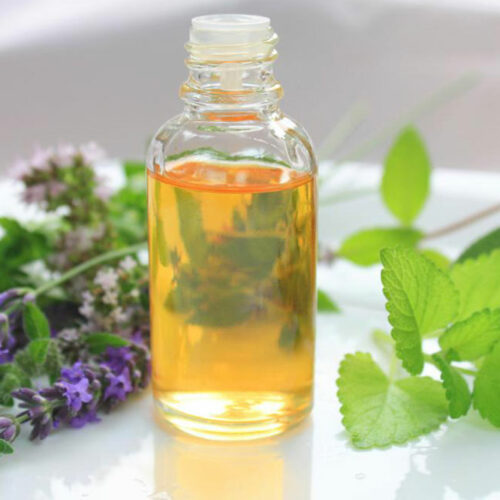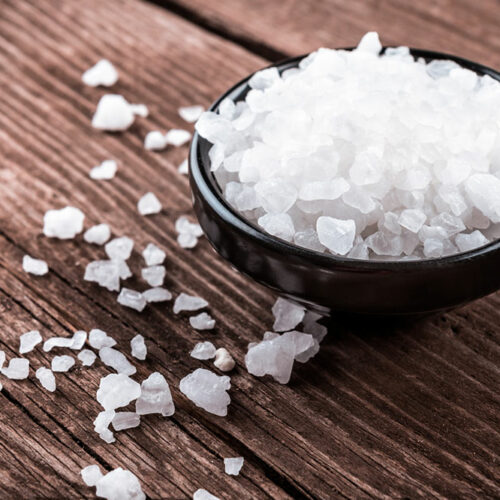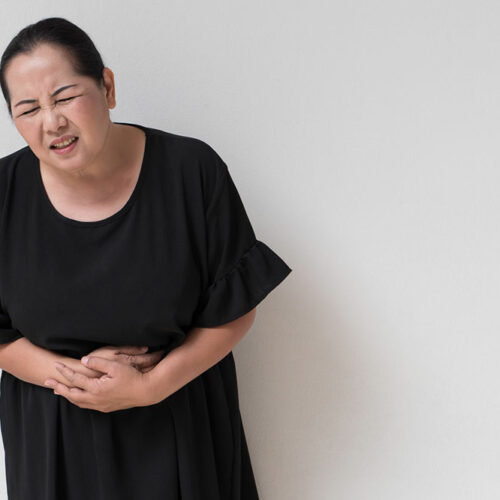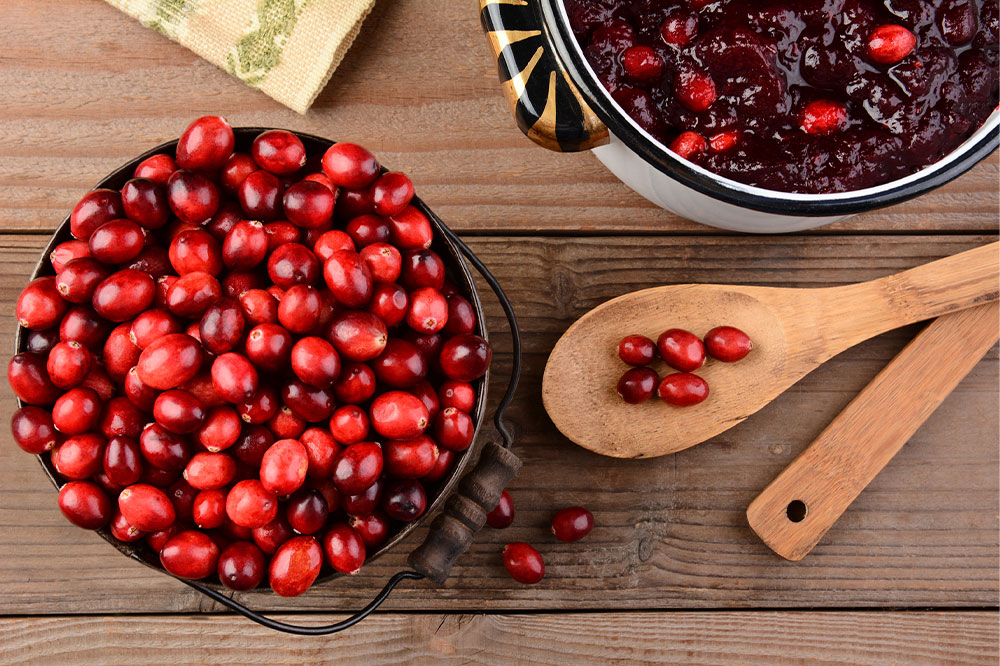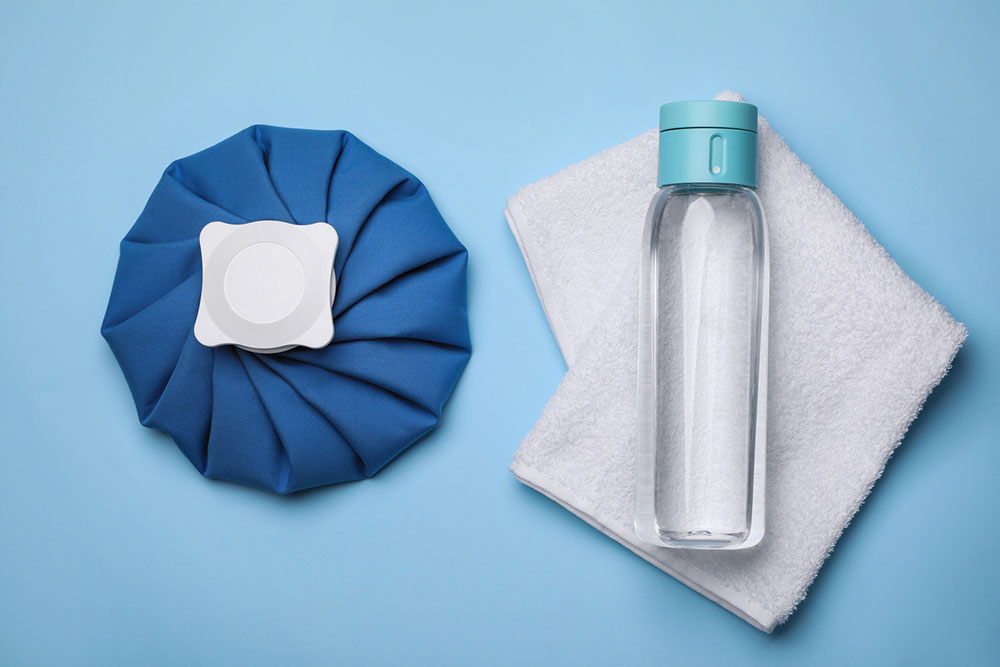Parkinson’s disease – How to prevent it the natural way
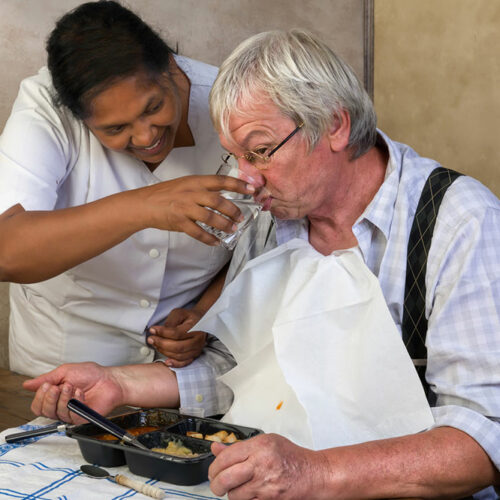
A brain disorder that leaves your body impaired. That is how one would define Parkinson’s disease. It results in one’s body trembling and becoming extremely stiff, almost rendering the person immobile. The person finds it extremely difficult to walk, balance himself, and coordinate his brain to do body movements. The condition aggravates with time and leads to several other problems like behavioural changes, irregularities in sleep patterns, depression, and memory failure. Here are some ways in which you can prevent the occurrence or aggravation of Parkinson’s disease: Consume fresh and raw vegetables Vegetables contain B vitamin folic acid in large amounts. It has proved to be very effective when it comes to reducing the risk of Parkinson’s disease. Make sure that fresh and preferably boiled vegetables form a large part of your diet. Green vegetables like spinach, Brussels sprouts, collard greens, and broccoli are known to be rich sources of B vitamin folic acid. It is not difficult to procure these vegetables from the market. If you have a garden, you can grow most of these there. Make green tea your choice of beverage The fact that green tea is healthy is well-known. Apart from having antioxidant properties, it helps vastly in safeguarding the body against several harmful diseases.
